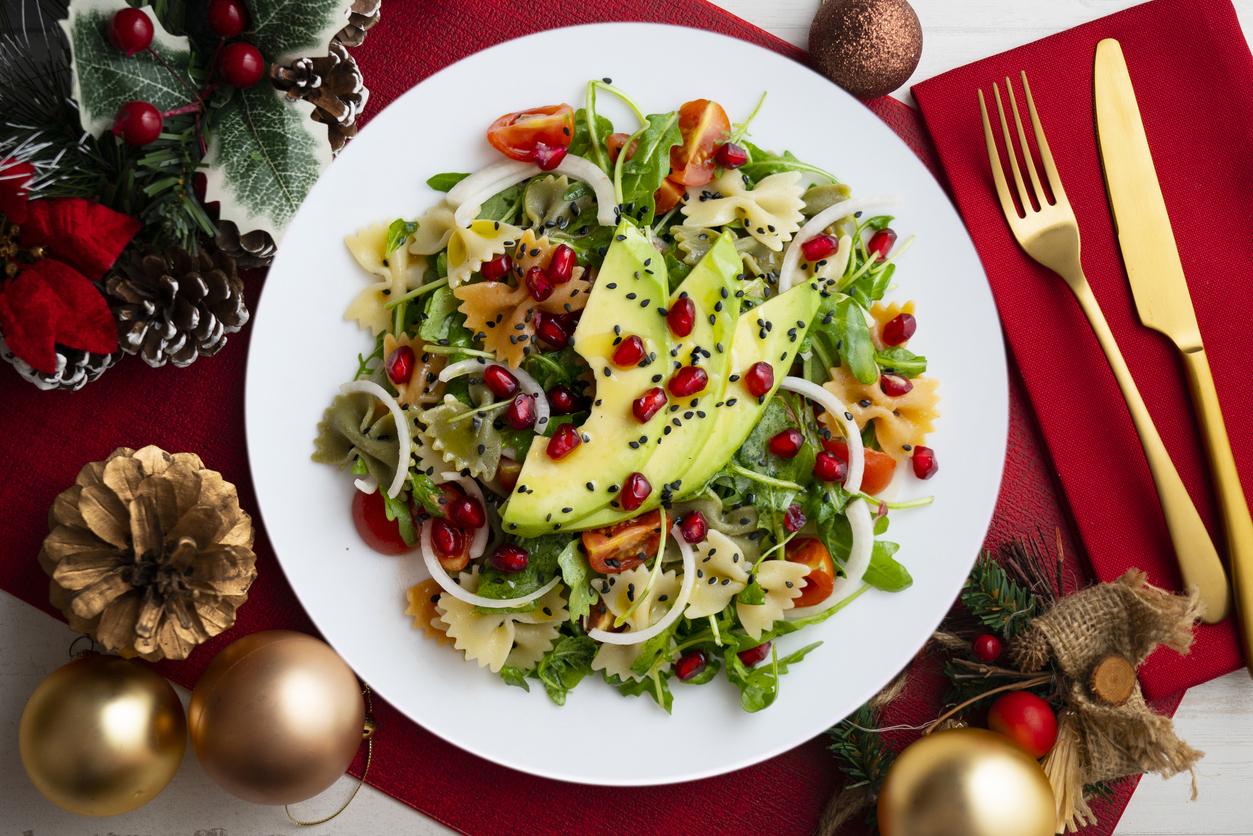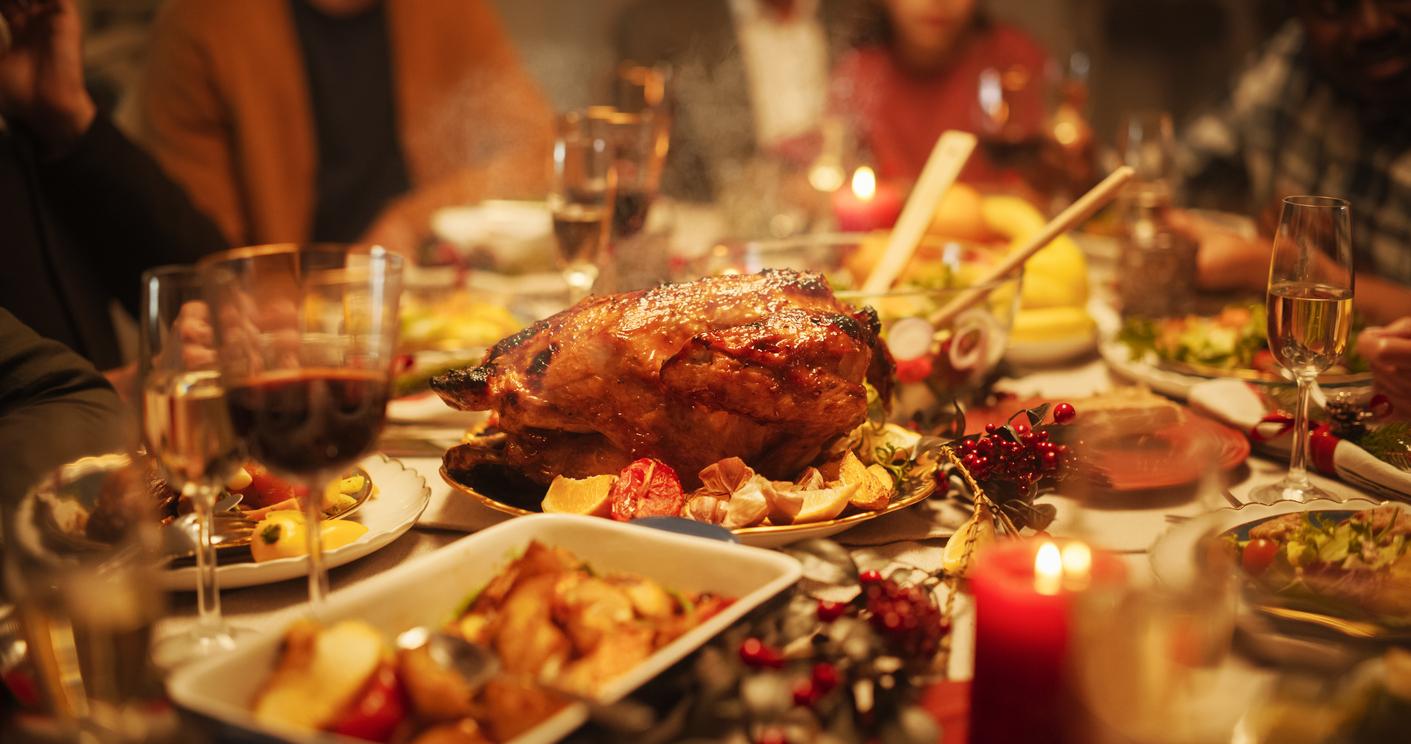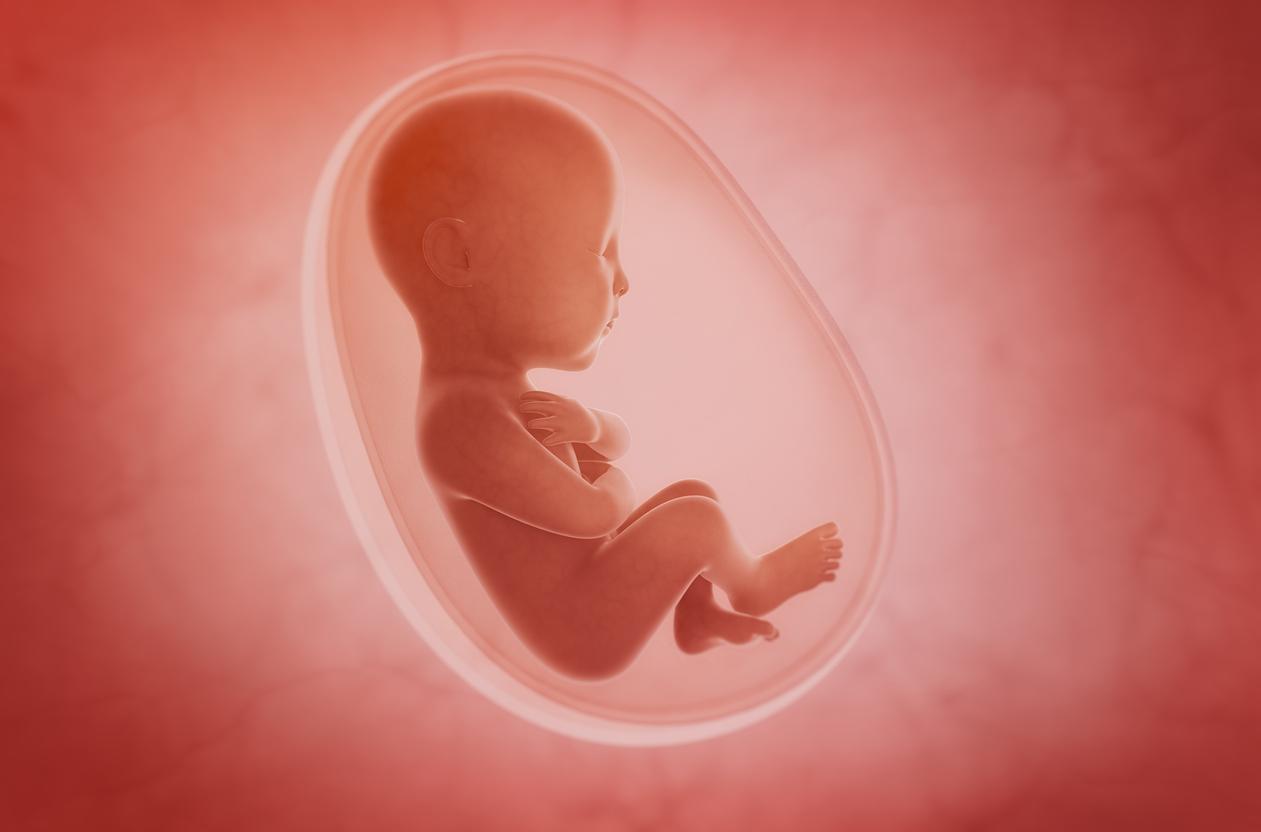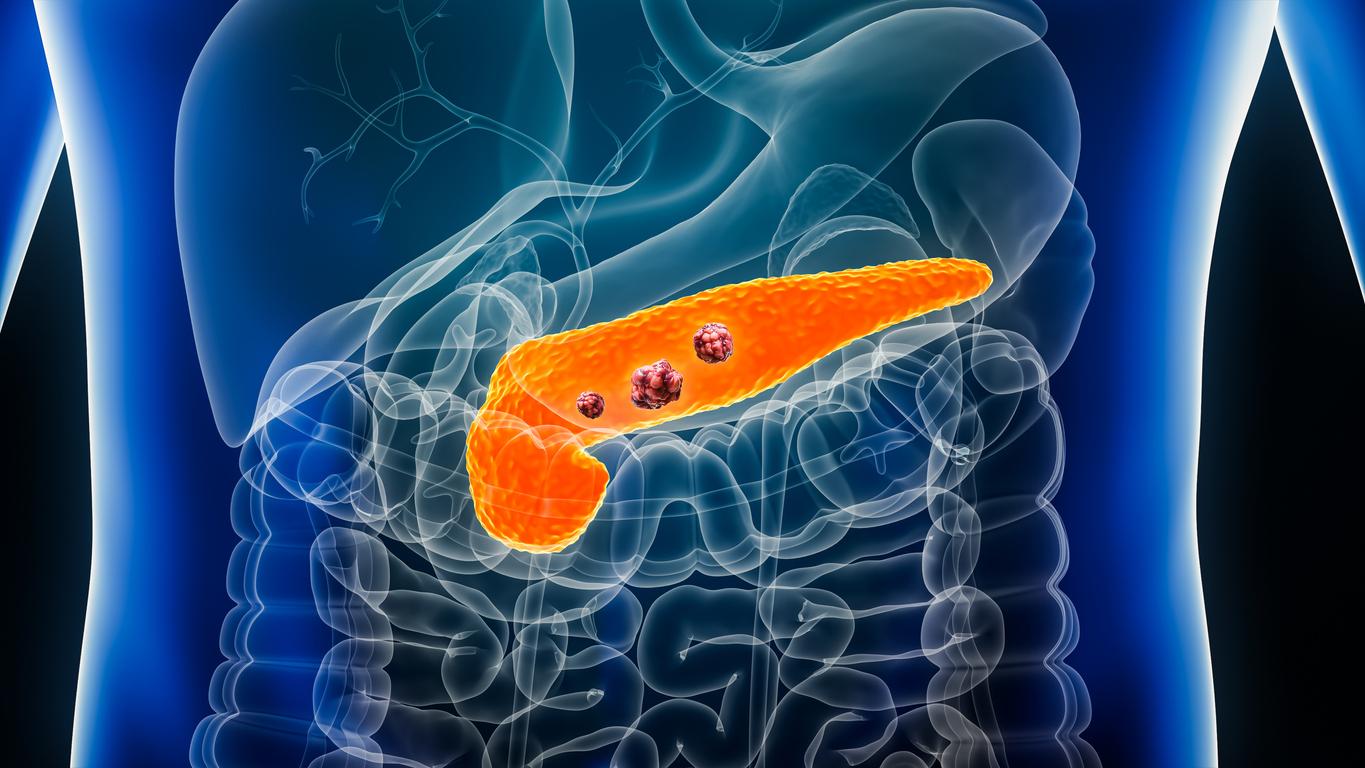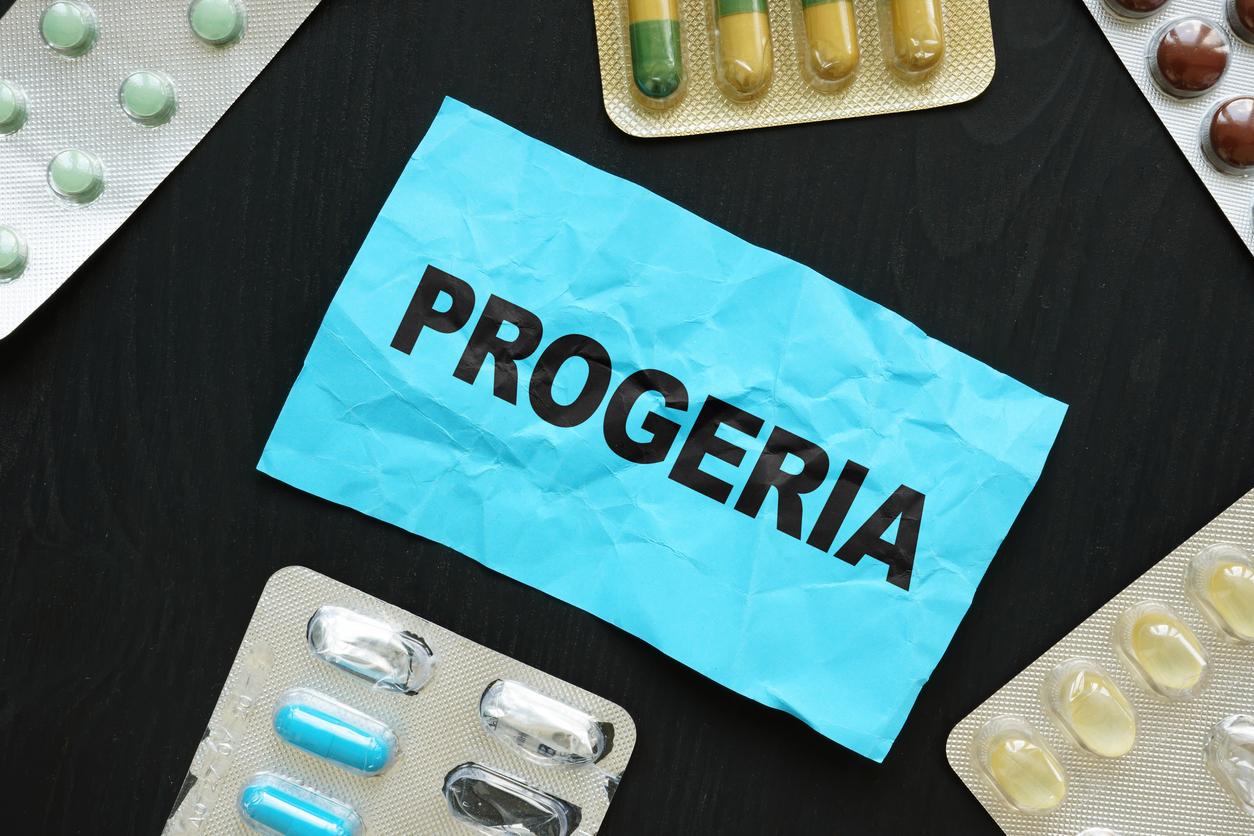Are you planning to start bodybuilding or do you simply want to eat healthily with a good protein intake? Here are five protein-rich foods recommended by American nutrition experts.
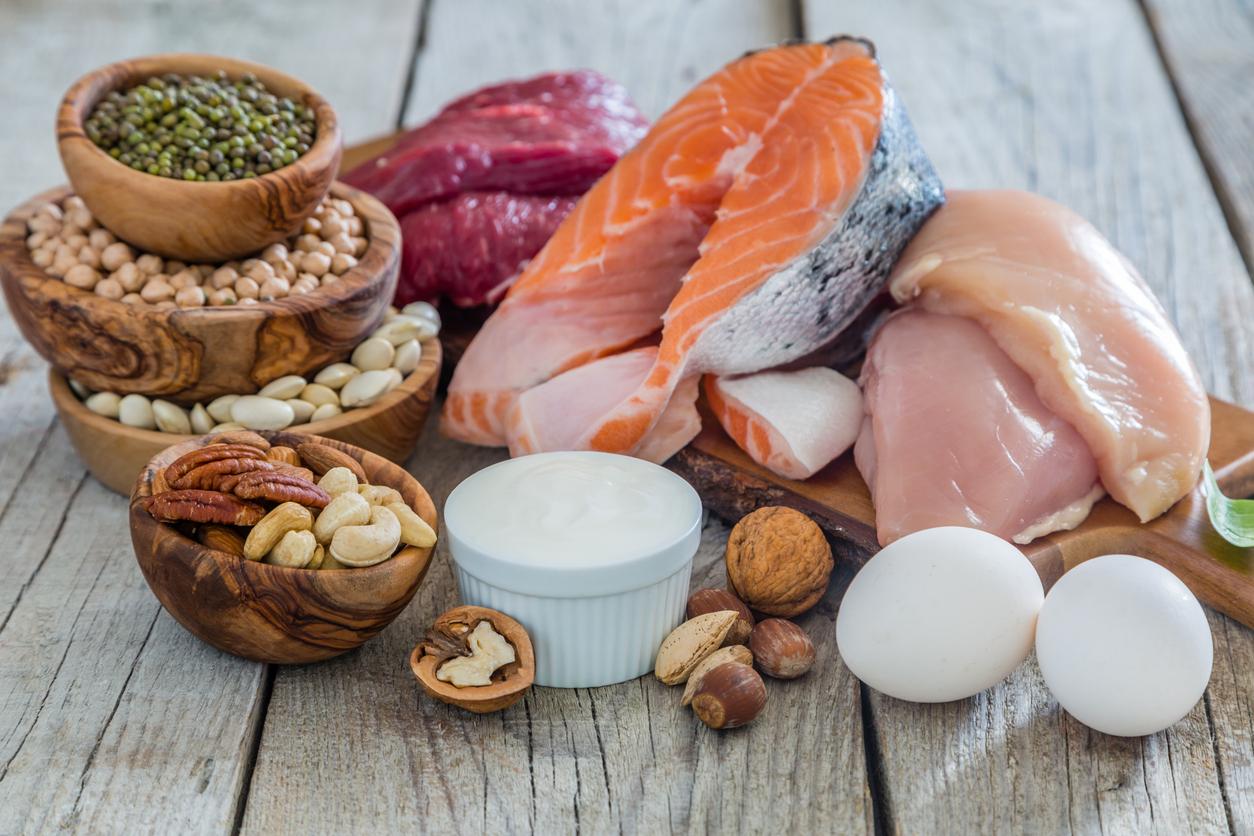
- Protein intake is necessary for a healthy diet, it helps the body repair cells and make new ones.
- Daily, 10-35% of calories should come from protein.
- Certain foods are particularly rich in protein and can be eaten as part of a balanced diet.
If you want to join a gym to maintain your muscles, you will obtain better results by opting for a diet containing a high protein intake. We have gathered, thanks to the work of StudyFindsthe advice of several specialized media and American nutrition professionals, to identify the five foods richest in protein.
First of all, remember that beyond bodybuilding, it is important to consume adequate amounts of protein for a healthy diet and help your body repair cells and produce new ones. According to the Mayo Clinicbetween 10% and 35% of calories should come from protein. If your needs are 2,000 calories, that means 200 to 700 calories from protein, or 50 to 175 grams. To prevent nutritional deficiencies in the average sedentary adult, the recommended dietary intake is 0.8 grams per kilogram of body weight. As we lose muscle as we age, adults aged 40 to 50 are advised to consume 1 to 1.2 grams per kilogram of body weight. For athletes, it is recommended between 1.1 and 1.7 grams per kilogram of body weight.
1. Eggs
Eggs are known to have high bioavailability, meaning the body can easily absorb and use the proteins they contain. The health information site Healthline specifies: “Keep in mind that egg whites are almost pure protein, but whole eggs that include the yolk provide many more nutrients, including vitamins, minerals, antioxidants and healthy fats.” It is also mentioned there: “If you’re concerned about the cholesterol in egg yolks, it’s important to note that plenty of research has debunked the idea that they’re bad for you.”
In fact, they only slightly increase blood cholesterol levels. But be careful, consuming too many yolks can cause you to exceed your daily fat intake. However, in moderation, “Eggs are a great food for weight loss because they help you stay full for several hours after eating”according to Diet Doctor.
2. Salmon and tuna
Salmon is a must because its benefits are not limited to its simple protein content. “[Le saumon] provides key nutrients like omega-3 and omega-6 fatty acids, iron, choline, vitamin B12, vitamin D, selenium and, of course, plenty of protein. A 3.5-ounce serving of salmon contains nearly 20 grams of protein, with less saturated fat than many meat options.indicates the health media Prevention.
Of course, salmon has a high fat content, but there are many alternatives, tuna for example. “Tuna is an excellent, widely available source of protein that also has a low calorie count. Tuna is a lean fish with minimal fat”writes the health information site Medical News Today.
3. White meat poultry
WebMDa media specializing in nutrition, advises eating white meat poultry, particularly chicken breast. It is high in protein and low in fat if eaten without skin. “The skin is loaded with saturated fat, so remove the skin before eating”recommends WebMD. There are many ways to prepare it to vary the pleasures. “Dark meat (the meat from the thighs and wings of poultry) is a little higher in fat. This doesn’t mean you can never eat dark meat; just be aware that the fat content will be higher high”specifies WebMD.
4. Lean red meat
Medical News Today recalls that while most health experts advocate eating red meat – which includes unprocessed beef, pork, lamb, veal, mutton and goat meat – in moderation, lean beef remains however an excellent source of protein.
5. Legumes
Legumes are a good alternative for obtaining protein intake without necessarily consuming animal proteins. In addition, these foods have a much lower ecological impact than meat. “Legumes include a range of beans and peas such as black beans, chickpeas and lentils. They are loaded with protein, fiber and many key nutrients including calcium, potassium, magnesium and iron “can we read on Johns Hopkins University website.
According to Healthline, “Lentils are among the richest sources of plant-based protein you can eat, making them a great choice if you follow a vegetarian or vegan diet”. “Studies show that people who regularly eat lentils and other legumes have a lower risk of developing health problems like heart disease and fatty liver disease,” they add.










